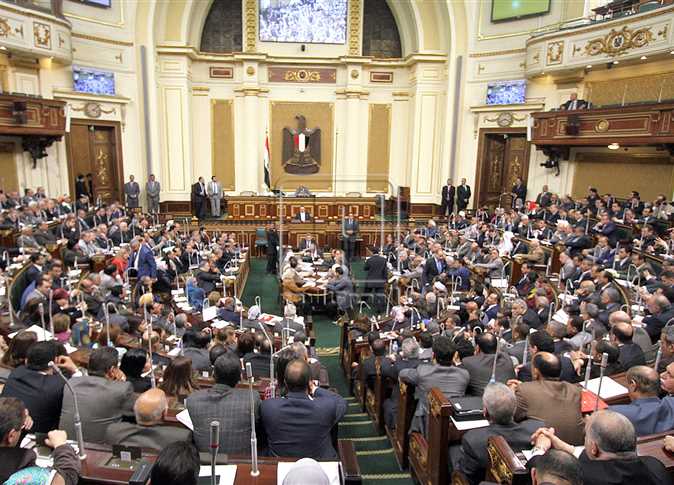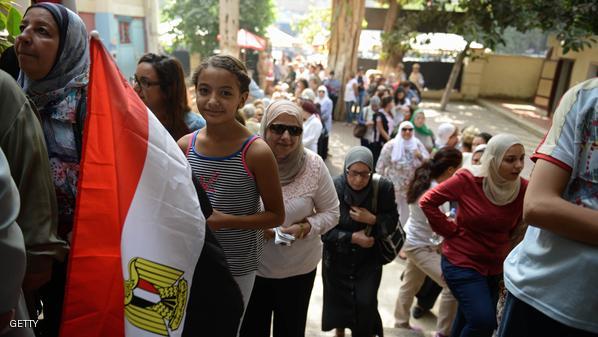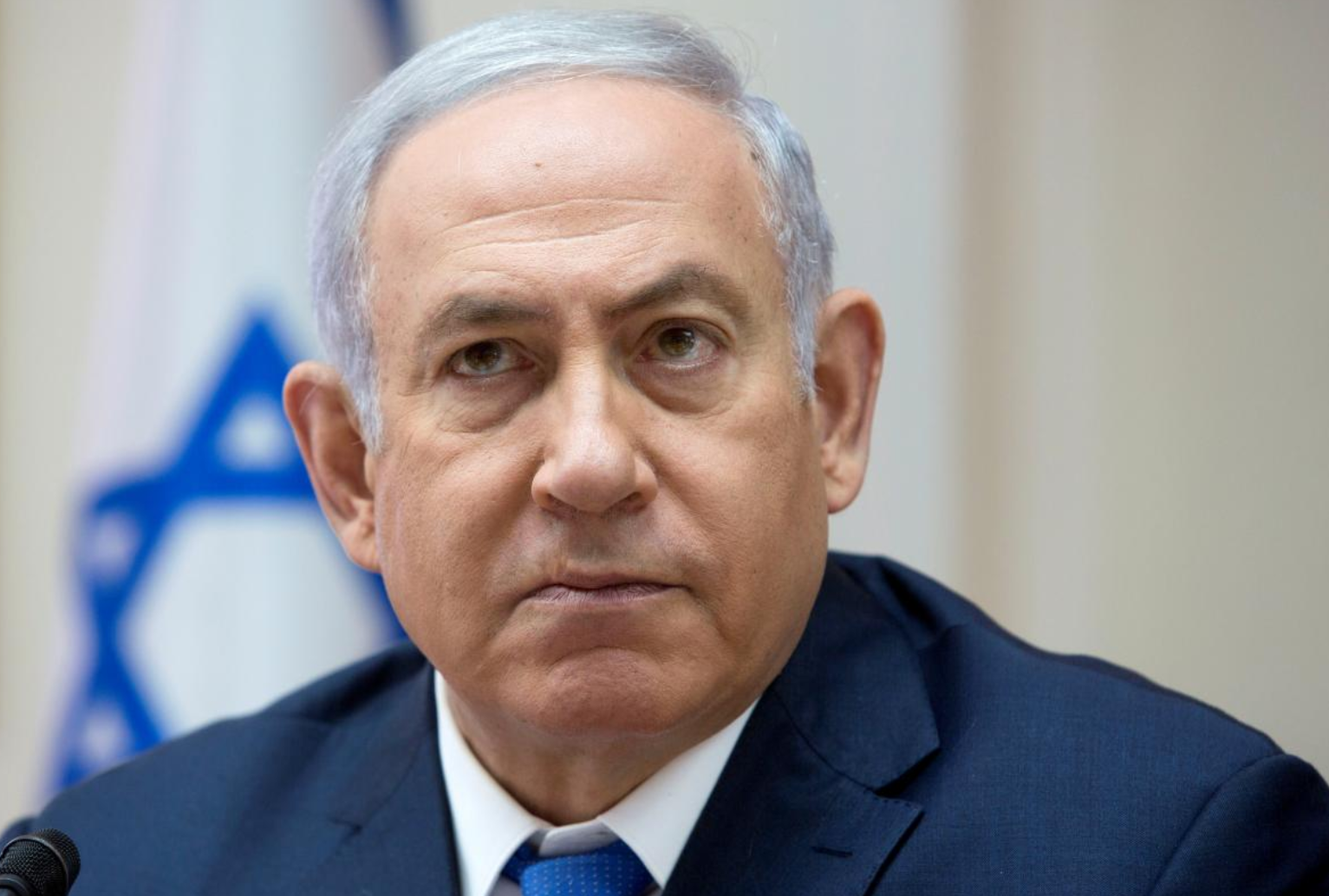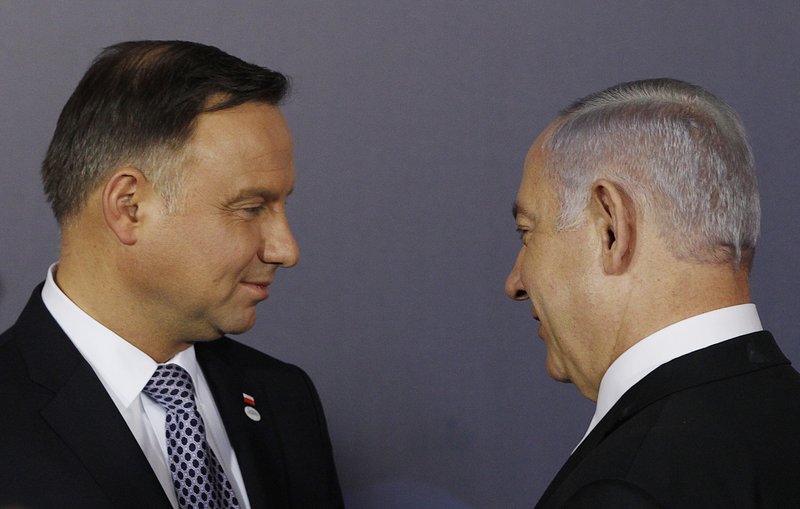In an interview with Al-Masry Al-Youm, MP Hamdin Sabahy, founder of the unlicensed Karama Party, said that Egypt’s next president–whoever he might be–would lack legitimacy as long as Articles 76 and 88 of the Constitution did not come in for amendment.
Al-Masry Al-Youm: What do you predict for the 2011 presidential elections?
Hamdin Sabahy: There are two possible scenarios. It will either be a free election that will make citizens proud of their next president; or it will be constrained by Articles 76 and 88 of the Constitution–in which case the next president will have no legitimacy.
Al-Masry: Can you elaborate?
Sabahy: These two articles restrict the right of independents to nominate themselves and, consequently, the right of citizens to vote for the candidates of their choice. How can the next president enjoy any legitimacy under these circumstances?
Al-Masry: Even if it’s President Hosni Mubarak?
Sabahy: Sure.
Al-Masry: What, then, will be the roles of candidates from the ruling National Democratic Party (NDP) and the opposition?
Sabahy: Candidates from outside the NDP will merely play a decorative role. They won’t be real contenders. And the Egyptian public won’t feel the elections are in any way serious.
Al-Masry: Can we expect any constitutional amendments before 2011?
Sabahy: The ruling party says there won’t be any, which means we won’t have genuine elections.
Al-Masry: What do you think of a potential ElBaradei candidacy?
Sabahi: I support ElBaradei–and anyone else running as an independent–but what do we do about Article 76?
Al-Masry: Some would like to see you nominate yourself.
Sabahy: I’ve heard that. But again, I can’t run as an independent.
Al-Masry: So what do you suggest?
Sabahy: I suggest that everyone wishing to run as an independent collect at least 100,000 signatures from the public. All signatories will have to indicate their national ID numbers so as to ensure they aren’t fabricated. Also, signatures must be collected nationwide, with at least 2000 from each governorate.
Al-Masry: Have you started doing this?
Sabahy: Not yet.
Al-Masry: Would this be legal?
Sabahy: That’s debatable.
Al-Masry: Would you consider joining a licensed political party so as to be able to run in elections?
Sabahy: No, this would be dishonest. That’s why I applied to form the Karama party–but my application was rejected.
Al-Masry: The Nasserist Party platform is close to your own ideology. Would you ever consider joining it?
Sabahy: I might, under certain conditions.
Al-Masry: Is the Nasserist Party prepared to take you back after you left it almost ten years ago?
Sabahy: All Nasserists should be united under a single party. But the Nasserist Party must first prove to them that it is a democratic party.
Al-Masry: Do you think opposition parties can agree on a single presidential candidate?
Sabahy: That would be difficult, since informal street opposition is stronger than that of the official opposition parties. By the same token, there’s a difference between President Mubarak’s formal support and the genuine support of the people.
But if the two offensive articles of the Constitution are amended, and elections are free, two things will happen: the NDP will nominate President Mubarak–since the chances for his son Gamal will be rendered slim due to the latter’s limited political experience–while the opposition parties might agree on a single candidate.
Al-Masry: Do you think Arab League Secretary-General Amr Moussa has a chance?
Sabahy: He’s popular and he knows how to market his ideas. If independents were allowed to run, his chances would certainly be considerable.
Al-Masry: What about those of Ayman Nour?
Sabahy: I believe he has lost a great deal of his popularity. People might have sympathized with him when he was in jail, but since his release he’s lost a lot of that sympathy.
Al-Masry: Do you think the Wafd and Tagammu parties will nominate candidates?
Sabahy: Those two parties are largely isolated from the political scene. They need to coordinate more with other opposition parties–otherwise, the public will feel that they’re simply playing a decorative role. And I don’t believe they have any strong candidates from among their members, which is why Wafd offered party membership to ElBaradei.
Al-Masry: What about the Muslim Brotherhood?
Sabahy: I don’t think they have any strong candidates either. Nor would they mobilize behind an independent or government candidate. They will stay still, perhaps fearing unfavorable consequences if they push to hard to participate in elections.
Al-Masry: Should we be concerned about the current lack of a vice-president?
Sabahy: If President Mubarak appointed a vice-president, he would be sure to continue Mubarak’s policies. We need changes in policies, not faces. We need more democracy and social justice.
Al-Masry: But Gamal Mubarak, if elected, would be a civilian president.
Sabahy: Gamal’s problem is his credibility and legitimacy–no matter how good his program may be. Nominating the son of the president would represent a humiliation for this country and its people, irrespective of the man’s qualifications.
Al-Masry: Do you support the international supervision of elections?
Sabahy: I was against the idea in the beginning, but after all the rigging and vote fraud in the last election, I have come to accept it–especially since the government has abolished electoral supervision by the judiciary.
Al-Masry:Is the rest of the world following Egypt’s elections?
Sabahy: Egypt’s president isn’t a provincial figure, but rather a regional and international player. Israel and the US are particularly interested. I’m sure they would "veto" a Nasserist or Islamist president.
Al-Masry: From where do you think political change will ultimately come?
Sabahy: We are facing a test, and it isn’t the elite or the intellectual class that will help us pass it. It’s the ordinary people of this country.
Al-Masry: How so?
Sabahy: I believe that the ordinary people will give me–and other independents–their signatures. People are unhappy. They want better living conditions. They want to say "no" to the US and Israel.




